Discover the Health Benefits of Selenium
As a health enthusiast, I'm always on the lookout for the best ways to maintain optimal health. One dietary supplement that has recently caught my attention is selenium. Selenium is an essential mineral that our bodies need to function properly. In this section, we'll explore some of the many health benefits that selenium has to offer.
Studies have shown that selenium plays a crucial role in supporting our immune system. By enhancing the function of white blood cells, selenium helps our bodies to effectively fight off infections and illnesses. Additionally, selenium helps to regulate our thyroid hormones, which are essential for maintaining a healthy metabolism and overall energy levels. Other health benefits of selenium include protection against heart disease, reduction of inflammation, and prevention of certain types of cancer.
Understanding Selenium Deficiency
Now that we know the importance of selenium, let's discuss what happens when our bodies don't get enough of this essential mineral. Selenium deficiency can lead to a variety of health issues, some of which can be quite serious if left untreated.
One common symptom of selenium deficiency is fatigue. Without adequate selenium, our bodies struggle to produce enough energy, leaving us feeling tired and sluggish. Other symptoms of selenium deficiency include muscle weakness, hair loss, and a weakened immune system. More severe cases of selenium deficiency can lead to conditions such as Keshan disease, which affects the heart, or Kashin-Beck disease, which affects the bones and joints.
Identifying the Best Dietary Sources of Selenium
Fortunately, it's relatively easy to ensure that we're getting enough selenium in our diets. Various foods are rich in selenium, making it simple to incorporate this essential mineral into our daily meals.
Some of the best dietary sources of selenium include Brazil nuts, which are one of the highest natural sources of the mineral. Just a few Brazil nuts per day can provide all the selenium our bodies need. Other good sources of selenium include fish, such as salmon and tuna, as well as lean meats like chicken and turkey. Vegetarians and vegans can also get their daily dose of selenium from foods like sunflower seeds, brown rice, and whole wheat bread.
Considering Selenium Supplements
While it's always best to get our nutrients from whole foods, there may be times when a selenium supplement is necessary. For those who struggle to get enough selenium through their diets, or for individuals with certain medical conditions that affect selenium absorption, a supplement may be recommended.
When considering selenium supplements, it's important to talk to a healthcare professional to determine the appropriate dosage. The recommended daily allowance (RDA) for selenium varies depending on factors such as age, sex, and pregnancy status. Additionally, it's important to choose a high-quality supplement from a reputable manufacturer to ensure that you're getting the most effective and safest product.
Monitoring Your Selenium Intake
While selenium is essential for our health, it's important to remember that too much of a good thing can be harmful. Overdosing on selenium can lead to a condition called selenosis, which can cause symptoms such as gastrointestinal issues, hair loss, and even neurological problems.
To avoid the risk of selenosis, it's essential to monitor your selenium intake and ensure that you're not exceeding the recommended daily allowance. By focusing on consuming a balanced diet rich in selenium-containing foods and talking to your healthcare professional about any necessary supplements, you can help to maintain optimal selenium levels and support your overall health.
Embrace the Power of Selenium for a Healthier You
In conclusion, selenium is an essential mineral that plays a vital role in our overall health and wellbeing. By understanding the benefits of selenium, recognizing the symptoms of deficiency, and incorporating selenium-rich foods into our diets, we can harness the power of this essential mineral to support our immune systems, thyroid function, and overall health.
Remember to always consult with a healthcare professional before making any significant changes to your diet or supplement regimen. By taking a proactive approach to our health and embracing the power of selenium, we can work towards a healthier, happier future.

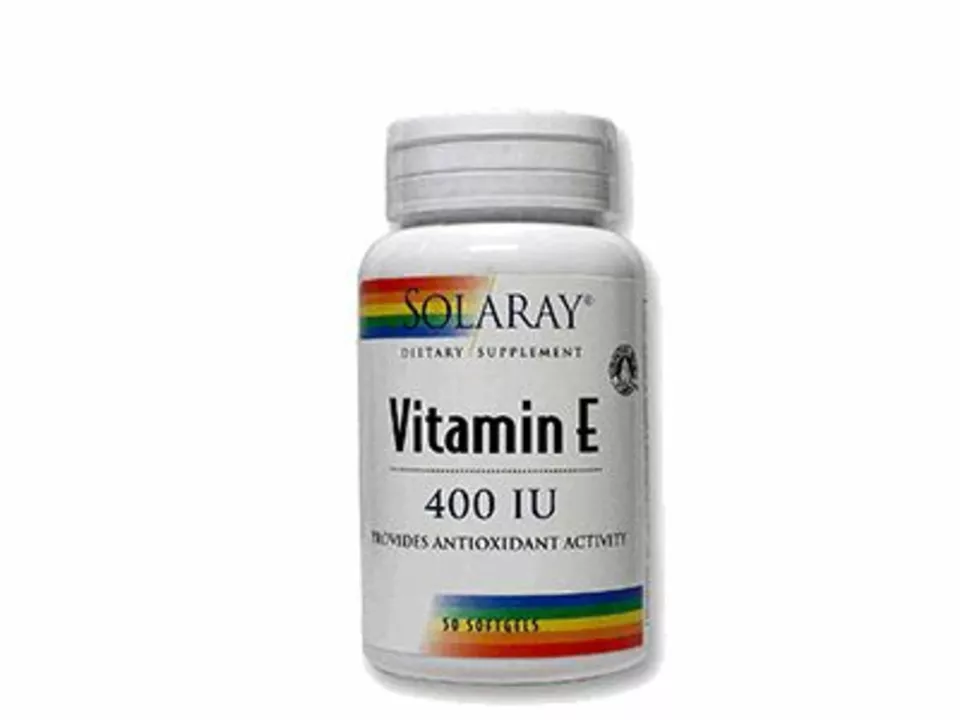
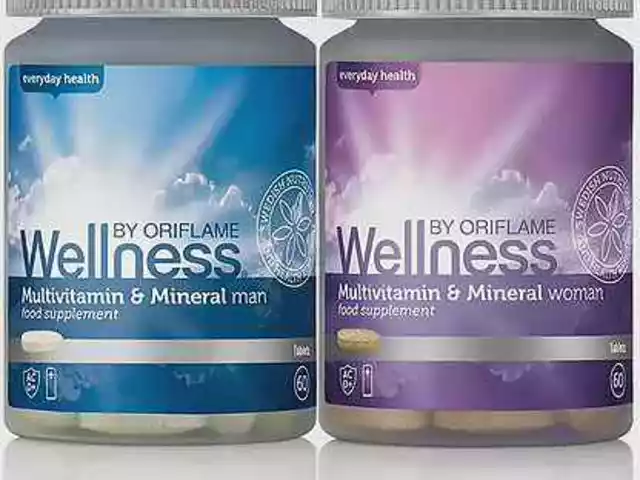
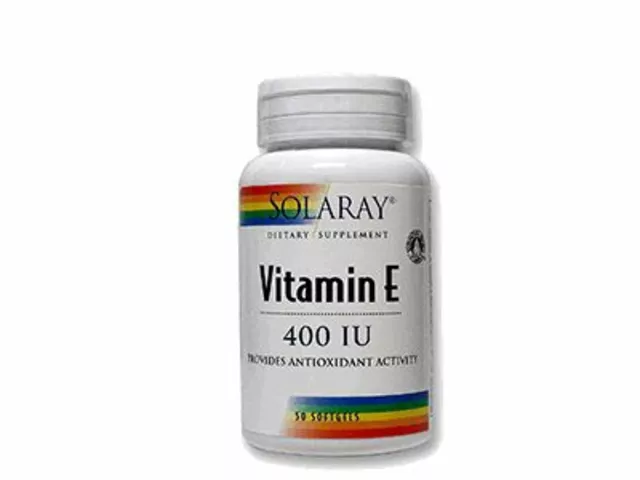
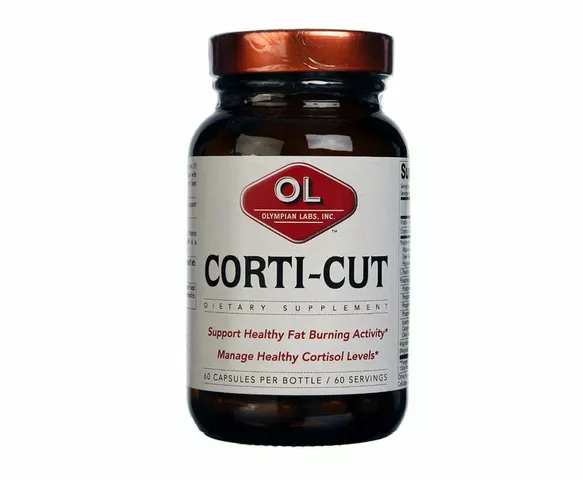

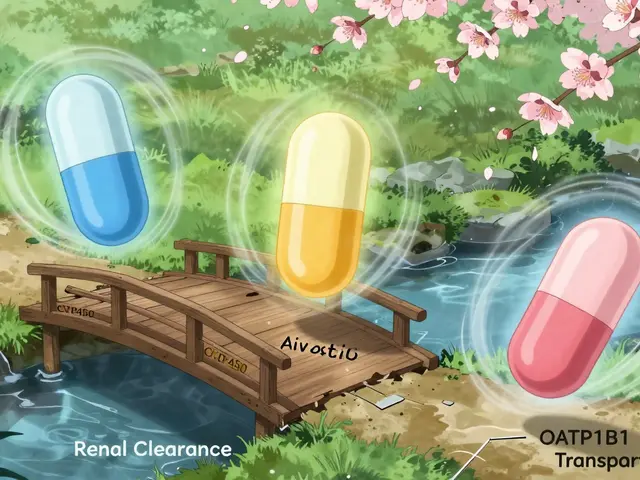



Stacey Whitaker
June 4, 2023 AT 05:20Kayleigh Walton
June 4, 2023 AT 11:51Stephen Tolero
June 5, 2023 AT 15:19Brooklyn Andrews
June 5, 2023 AT 20:43Joanne Haselden
June 7, 2023 AT 01:38Vatsal Nathwani
June 7, 2023 AT 19:02Saloni Khobragade
June 8, 2023 AT 23:17Sean Nhung
June 9, 2023 AT 21:29kat pur
June 11, 2023 AT 03:15Vivek Mishra
June 11, 2023 AT 15:49thilagavathi raj
June 12, 2023 AT 12:41